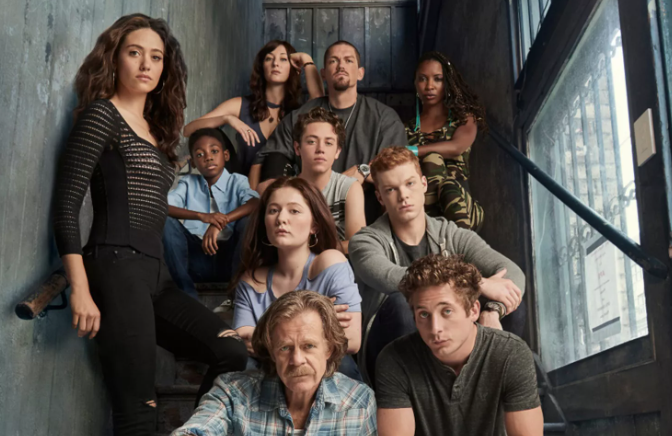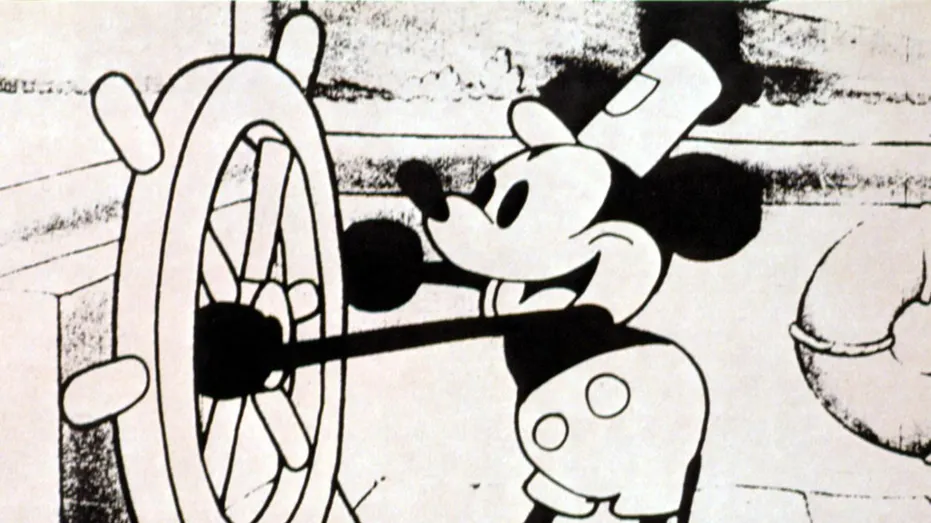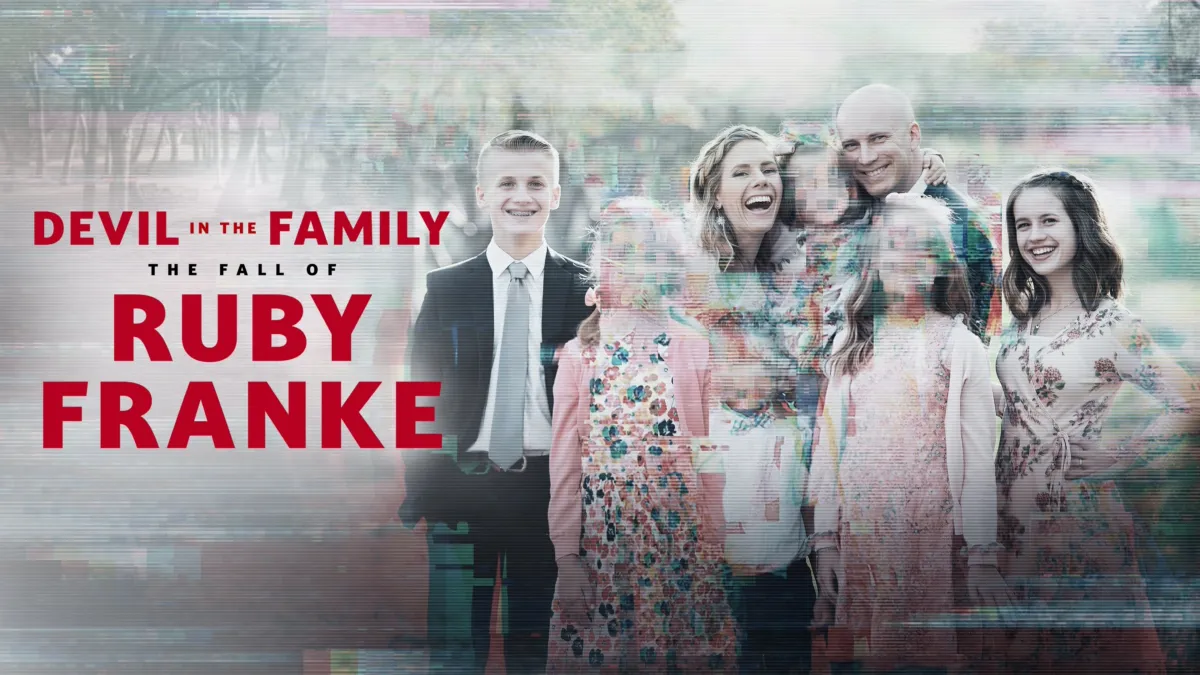“Shameless,” the American TV show that was an adaptation of the British series of the same name, has had a significant cultural impact since its debut in 2011. This show is a raw and unfiltered portrayal of a dysfunctional family forced to navigate life’s challenges. Set in the South Side of Chicago, “Shameless” follows the dysfunctional Gallagher family led by their alcoholic father, Frank Gallagher. The show’s impact on its audience is profound, rooted in its extreme depiction of poverty, addiction, socio-economic issues in America, and the complications of family dynamics. 
This show is generally about a young adult woman named Fiona Gallagher. Fiona has been forced from a young age to take care of her five siblings because of her parent’s lack of responsibility and struggles with addiction and mental health. This impacted her character majorly and even caused her to drop out of High School so she could focus on them. Taking on multiple jobs while juggling financial instability issues, Fiona is essentially the mother to her five siblings while barely taking care of herself. One of the primary reasons “Shameless” resonates so deeply with their viewers is its authenticity. The Gallagher family’s struggles with financial instability, various legal troubles, and personal demons are portrayed through a level of honesty and rawness that is rarely seen on television.
For instance, Frank Gallagher’s extreme addiction to alcohol and drugs can feel relatable to any viewers who have known someone with this same addiction. One example of his addiction being shown is in Season 3 when Frank’s youngest daughter, Debbie, finds him passed out in the kitchen after a binge. This is something many can relate to, having a parent who has dealt with alcoholism even while their kids are so young. This genuine and authentic portrayal of life’s struggles allows viewers to see themselves and their struggles reflected on the screen, giving a sense of connection and relatability. These strong characters are flawed yet true to reality. Every main character on this show reflects solid personalities and hardships, making audiences feel they know them personally. Their triumphs, failures, and life issues feel extremely personal and relatable to the audience. Phillip Gallagher (aka Lip), the second eldest child of the family, goes on a major journey throughout college and his struggles with alcoholism, which affects him and his academics, as he was once the most academically intelligent in the family. This gives viewers a chance to see the real-life implications of these issues and even potentially gain meaningful education and exposure from it.
“Shameless” tackles many extreme social issues head-on and highlights the systemic problems contributing to the characters’ complexity. Whether it’s difficulties surrounding mental health, this show doesn’t shy away from any problematic topics. For instance, Ian Gallagher’s struggle with bipolar disorder and his journey to find stability and acceptance sheds light on the stigmatization of mental health issues. Similarly, the show’s portrayal of the foster care system through characters like Carl and Debbie critically examines its flaws and impact on children. This willingness to confront real-world issues makes “Shameless” more than just entertainment; it becomes a commentary on society, sparking conversations and raising awareness about these critical issues. The show’s ability to blend humor with severe social commentary sets it apart and makes it a significant cultural touchstone.
“Shameless” is impactful because it offers a complex look at the human condition. It addresses significant social issues many can relate to while maintaining a balance of humor and drama, making it more lighthearted. Its ability to connect with audiences personally and provoke thought and discussion makes it a standout series in contemporary television.
















Pam • Nov 30, 2024 at 4:07 pm
Best show ever love love drama comedy emotions fantastic cast my all time favorite
Yunia Kartika • Nov 28, 2024 at 7:28 am
Love this series ❤️ ⭐️⭐️⭐️⭐️⭐️⭐️❤️